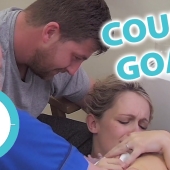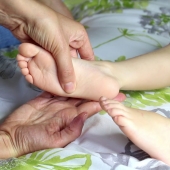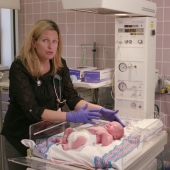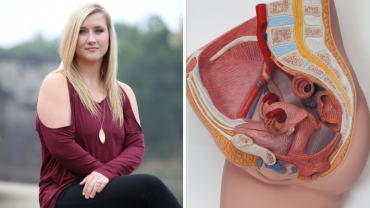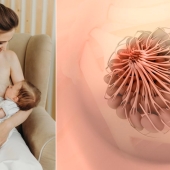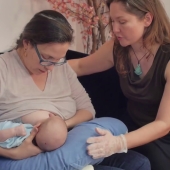If you have a baby that is allergic to cow’s milk, you may need to take some precautions even if your are breastfeeding your child. We know that breastfeeding is the best option for your baby because breast milk contains all of the antibodies your baby’s immune system needs to fight infection and stay strong.
And for the majority of babies with cows’ milk allergy, they will tolerate your breast milk and will not develop an allergic reaction. However, some babies with a severe cows’ milk allergy may develop a reaction to your breast milk if you eat and drink products containing cows’ milk.
If this is the case, you may need to eliminate all products containing cows’ milk from your diet. However, this should only be done under the guidance of a GP and a dietician to ensure that your diet still contains all of the vital nutrients and minerals needed to keep you and your baby healthy.
They will guide you on the food you should stop eating, such as dairy products, and the milk and milk products of sheep and goats. They will advise on how to check the labels of foods which may contain cows milk protein. This includes cakes, biscuits, pancakes, processed meats, ready made meals, seasonings, pies, margarine and spreads.
Your dietician can suggest nutritious milk protein free options and alternative foods which are a good source of calcium such as calcium fortified milk and dairy alternatives, white flour products, chick peas, tofu, baked beans, red kidney beans, tinned fish such as salmon or pilchards including the small bones, curly kale, spring greens, currants, apricots, figs, almonds, brazil nuts, hazel nuts, tahini, treacle and sesame seeds.
You may also be prescribed calcium and vitamin D supplements to make up for the lack of milk in your diet. You will always need to check the ingredients of washing up liquid, moisturisers and any medications that you take. If you have any questions about breast feeding your baby when they have a cows’ milk allergy, please speak to your GP or health visitor for advice.
- 8 views

